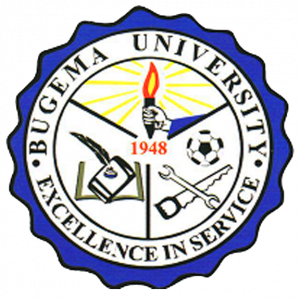The course is designed to
provide detailed description of the history and development of microbiology;
Classification of microorganisms; Economic importance of microorganisms;
Structure and evaluation of bacteria and cyanobacteria and their relative
position in the living world; Structure and evaluation of fungi and algae and
their relative position in the living world; Structure and evaluation of
protozoa and viruses and their relative position in the living world;
Micro-organisms in milk and milk products; Significance of bacteria in milk;
Desirable and harmful bacteria in milk; Microbial spoilage of milk; Prevention
of spoilage; Role of micro-organisms in butter and cheese production;
Pathogenic bacteria associated with milk products and their control; Importance
of microbes in fermented foods; Undesirable flora in foods; Principles of food
preservation; Microbial spoilage of foods and prevention; Food poisoning: Types
causative organisms and transmission; Food poisoning symptoms and control; Food
inspection; Introduction to Industrial Microbiology; Origin of fermented
products: beverages, butanol, acetone; Alcoholic fermentation, Amino acid
fermentation; Nucleotide fermentation; Manufacture of vinegar and antibiotics;
Importance of micro-organisms in the soil, microbial population in soil;
Autotrophic and heterotrophic organisms in soil; Carbon and nitrogen cycles,
carbonation Mycorrhizae; Symbiotic and non’symbiotic and denitrification;
Ammonification; Decomposition of organic matter; Chemistry of soil organic
matter; Chemistry of soil organic matter; Microbial chances involved in green
manuring; Microbial changes involved in composting; Breakdown of herbicides by
microorganism; Breakdown of insecticides by micro-organisms; Bio-fertilizers
and bio- insecticides.
- Enseignant: Mastulah Kawala
- Enseignant: Allen Nambalirwa

